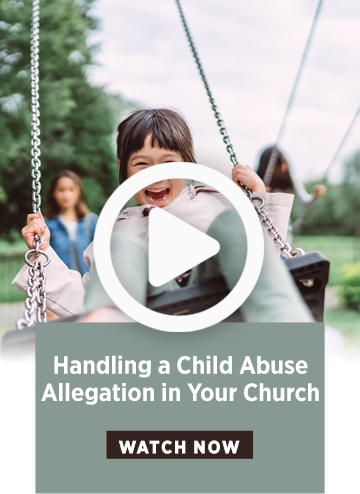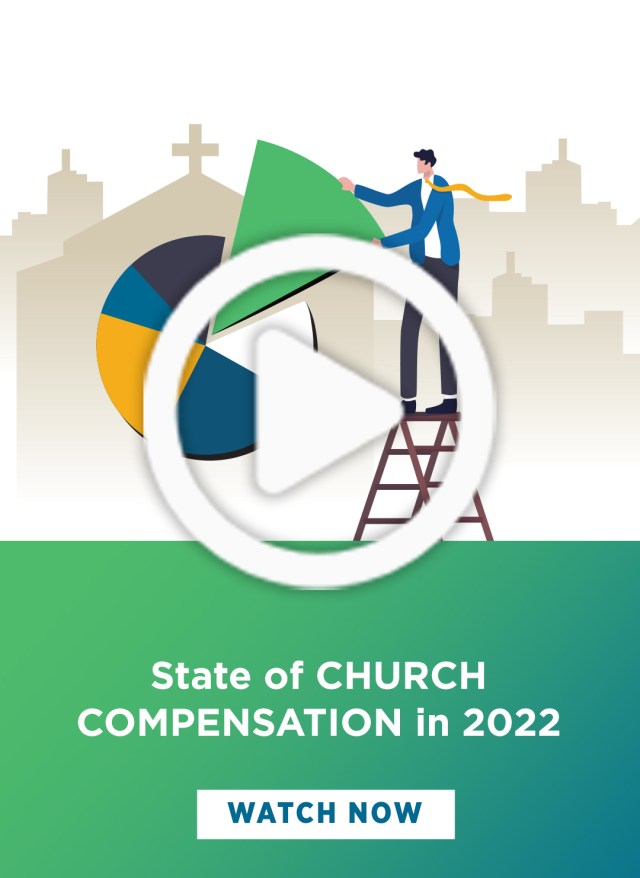Editor’s Note: This article is part of the Advantage Membership. Learn more on how to become an Advantage Member or upgrade your membership.
In this December 2019 Church Law & Tax Advantage Members article, we offer six developments for church leaders to watch in 2020 based on guidance we received from members of our Senior Editorial Advisory Board. In the January 2020 Church Law & Tax Advantage Members article, we offer six goals churches should set in the year ahead, again based on the expertise offered from Senior Editorial Advisors.
What is one development related to church administration/management that you are watching closely in 2020, and why?
Richard Hammar , attorney, CPA, and senior editor, Church Law & Tax: Student Aid and Religious Institutions
“I am monitoring a few cases pending before the United States Supreme Court. In one case, Espinoza v. Montana Department of Revenue, the Court will decide if a state can shut down a student aid program because parents can select a religious school. Obviously, this case is directly relevant to any church or denomination that operates a private school. Prior decisions by the Court suggest that student-aid programs that provide funds to low-income parents for tuition at a school of their choice, including a religious school, are constitutionally permissible. We shall see. Any ruling affirming the student-aid program will be a huge boost to religious education.”
What’s next. Oral arguments for the case take place before the Supreme Court on January 22, 2020. A decision is expected by June.
Vonna Laue , CPA: Employee Classifications
“California passed Assembly Bill 5 (AB5, the so-called “Uber law”), which will take effect in January. While this may not directly impact churches, it highlights an ongoing concern. There has been significant attention on classifying employees and independent contractors and yet many churches have not addressed the issue. California’s legislation will likely cause additional work and penalties in the future. The federal government focused on this issue previously and it now appears states are beginning to join the cause. Churches nationwide need to be aware of the regulations and make sure they are compliant as a matter of good stewardship and good citizenship.”
Watch for a “ripple effect.” JD Supra, a legal news website, reports 20 states previously adopted employment classification tests similar to the one California just passed. “The passage of AB5 could certainly hasten the . . . trend and expand it not only to other states but to other claim types,” the site notes. “Because California’s economy is larger than any other US state, legal and political developments there tend to have a ripple effect both across other states and at the federal level.”
More guidance. This Church Law & Tax article provides more details regarding how to classify a worker as either an employee or an independent contractor.
Midgett Parker , attorney: The Church and the 2020 Election
“The one development that I hope we will not see would be our faith institutions getting involved in political campaigning for those running for elected positions. As far as retaining tax-exempt status, there is a clear separation between church and state that will be closely watched this election cycle. There are some who are waiting to see if the faith community will support or oppose individuals running for political office. There are elements within our American society waiting for lines to be crossed by our institutions of faith in order to promote an agenda to strip faith institutions of their preferred tax-exempt status.”
What is politically permissible? For a comprehensive view on the tax and legal guidelines churches and clergy need to know for the upcoming 2020 election—including what is and is not permissible as far as tax-exempt organizations are concerned—check out Politics and the Church, a 28-page, downloadable resource from Church Law & Tax.
Michael E. Batts , CPA: Virtual Churches
“The Internal Revenue Service’s position with respect to churches that do not have physical gatherings has been that they do not qualify as churches under federal tax law. The IRS applies an ‘associational’ test. Given the reality that church congregations do meet virtually, and the fact that ‘virtual’ church gatherings are an increasingly significant part of the church arena, I expect the authoritative guidance in this area to evolve.”
Go deeper. Read the IRS’s current definition of churches, as well as this 2014 letter the agency issued when it rejected a web-based church’s application for recognition as a tax-exempt entity. Continue monitoring ChurchLawAndTax.com and the free weekly Church Finance Update e-newsletter for future updates.
Erika Cole , attorney: Gay Rights and Employment
“While the Obergefell v. Hodges decision in 2015 legalized same-sex marriage in our country, the legal issues surrounding the balancing act between LGBTQ rights and the religious community are far from over. By June of 2020, we expect to have rulings from the US Supreme Court in Bostock v. Clayton County, Georgia, Altitude Express v. Zarda, and Equal Employment Opportunity Commission v. Harris Funeral Homes cases—all three cases involve a gay or transgender employee who claims discrimination. Neither of the three involve a church as a party. Nevertheless, these cases will likely shed additional light on how LGBTQ matters and religious beliefs may be viewed by the courts in the employment arena, especially if LGBTQ rights are expanded in a manner that would impact religious employers.”
For a closer look. The November 2019 Church Law & Tax Advantage Members article takes a closer look at these three cases and their potential implications for churches and religious organizations with respect to employment decisions involving their nonministerial employees.
Elaine Sommerville , CPA: The Parking Lot Tax
“The one headline we are watching is if Congress will repeal the inclusion of expenses associated with transportation fringe benefits as unrelated business income (what many have called the “parking lot tax”). We know the repeal of the law has broad nonpartisan support, but Congress has yet to gain the coordination between the two parties to repeal the burdensome tax. While the tax has minimum effect on the majority of churches, it creates a compliance consideration that must be considered by churches. It also creates a tax burden for many nonprofits, such as hospitals, universities, and others.”
Update. The provision that disallowed deductions for transportation fringe benefits provided to employees was repealed in late 2019. Churches that had paid the tax were able to file an amended Form 990-T for a refund. See ‘“ParkingLot Tax’ Officially Repealed” for more details, including the provision’s backstory.
Matthew Branaugh is editor of content and business development for Christianity Today’s Church Law & Tax.





